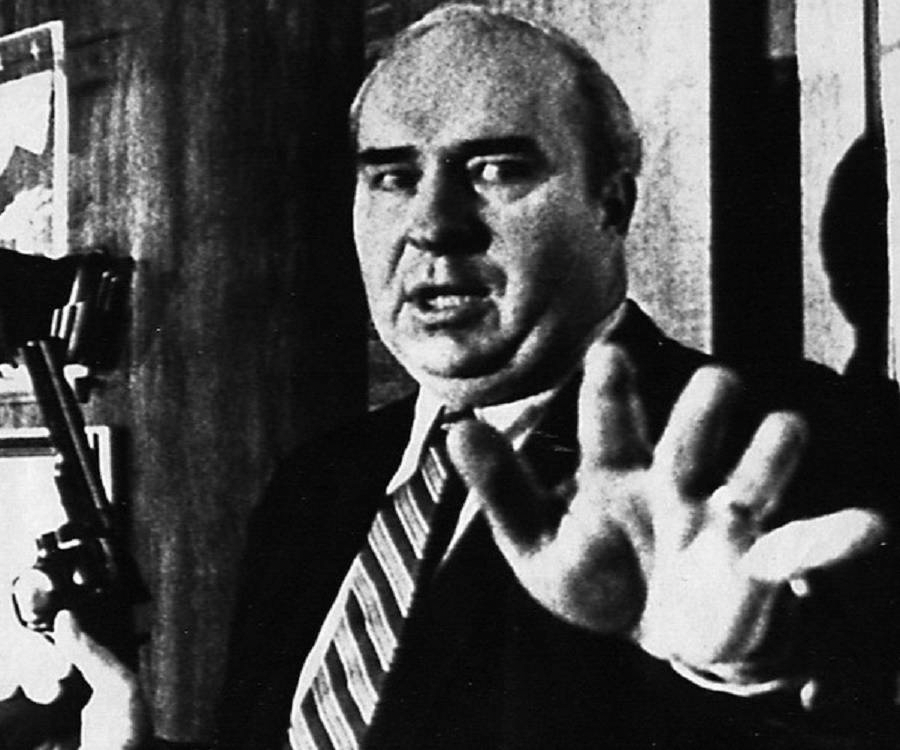

I still think that this represents a bias towards a military-geopolitical interpretation of history that’s not wholly sustainable, in spite of its appeal. In the Russian Empire case, I’m quite certain that that’s a popular myth, because I know that it is certainly the case that when the first railway infrastructures were being built, the political powers, administrators, and engineers responsible were as much influenced by technological and physical geographical imperatives as they were by geopolitical. The Russian Empire’s decision to use what would become the Russian gauge was multi-factoral - indeed looking it up, it appears that they were persuaded by Brunel’s own preference for a wide gauge, which was famously thwarted in the early development of the British railways.
Sorry, but the history of technology is one of my things, and I think that there’s a misrepresentation going on here about how technology develops. Not only is it rarely mono-causal, it’s extremely rare that one cause even predominates in the evolution of a technology (such as a railway system). I don’t think it’s the case that 20th century conflicts have remotely a large enough impact on the development of the European railway systems to properly explain why it is that they aren’t more integrated.